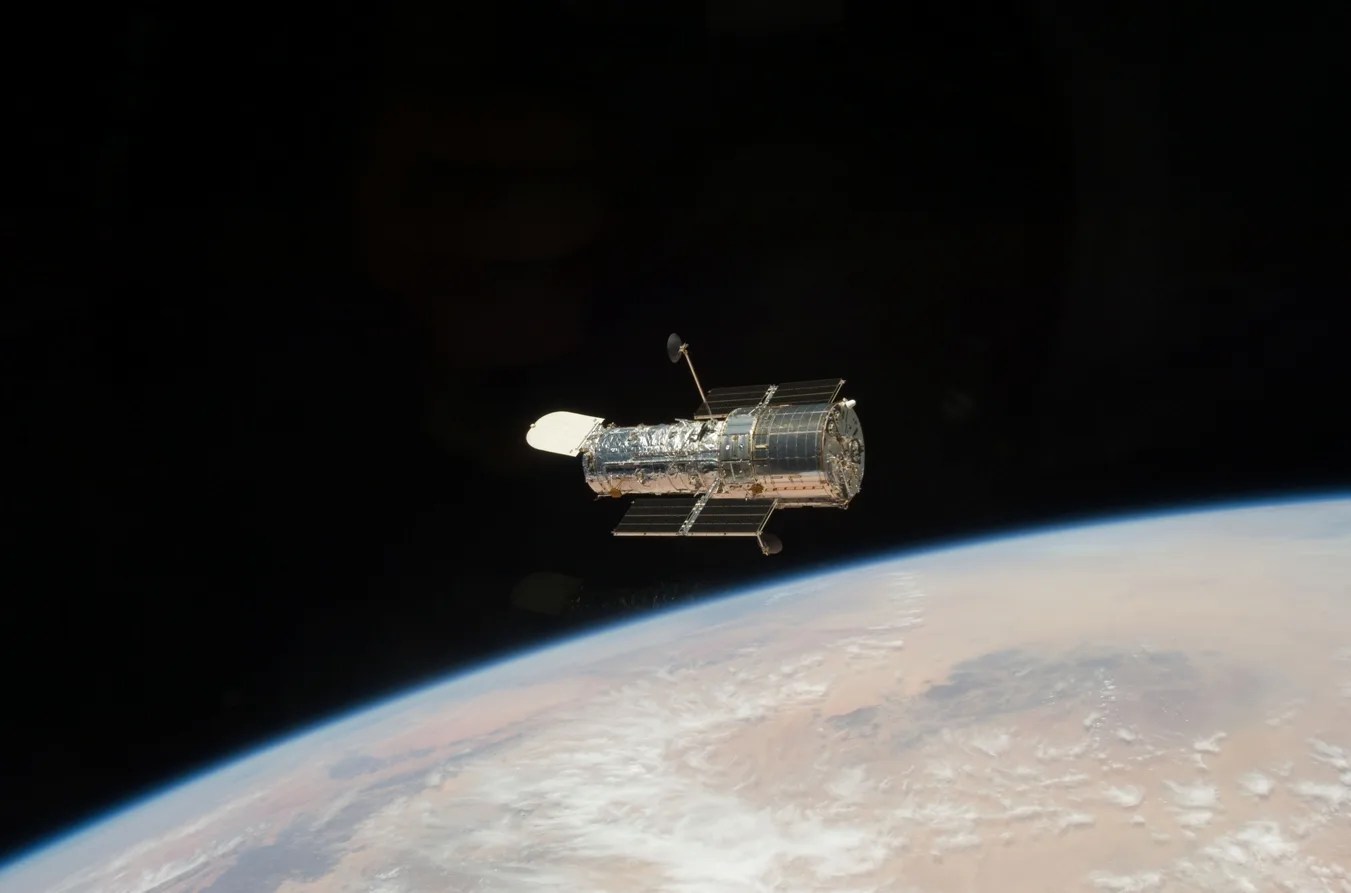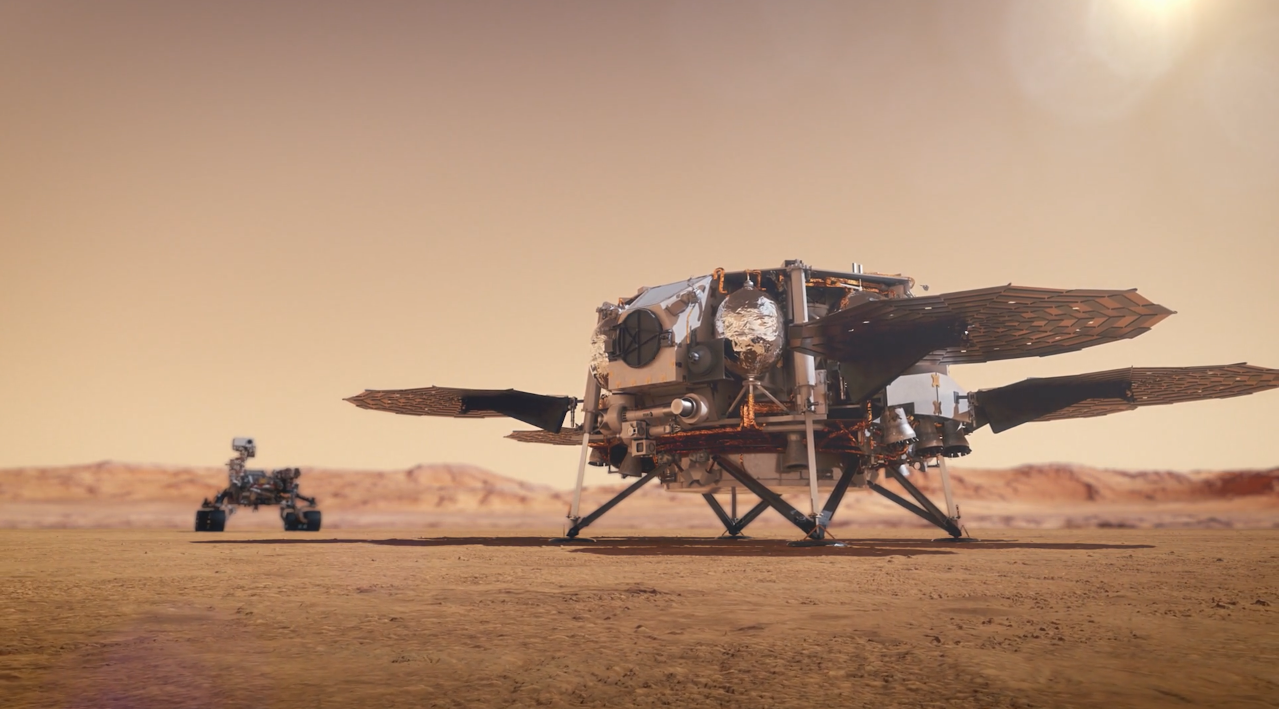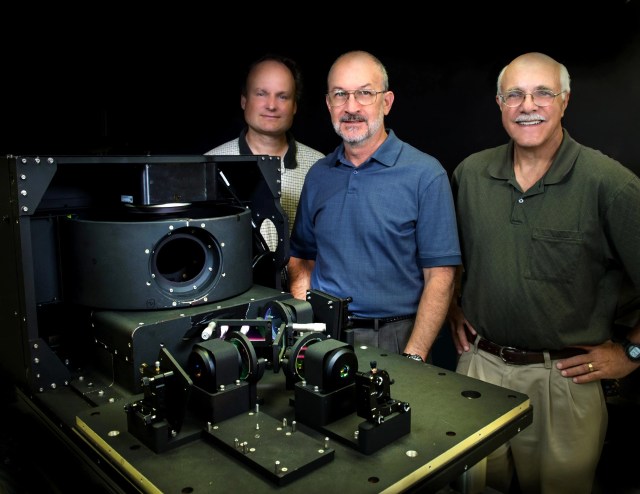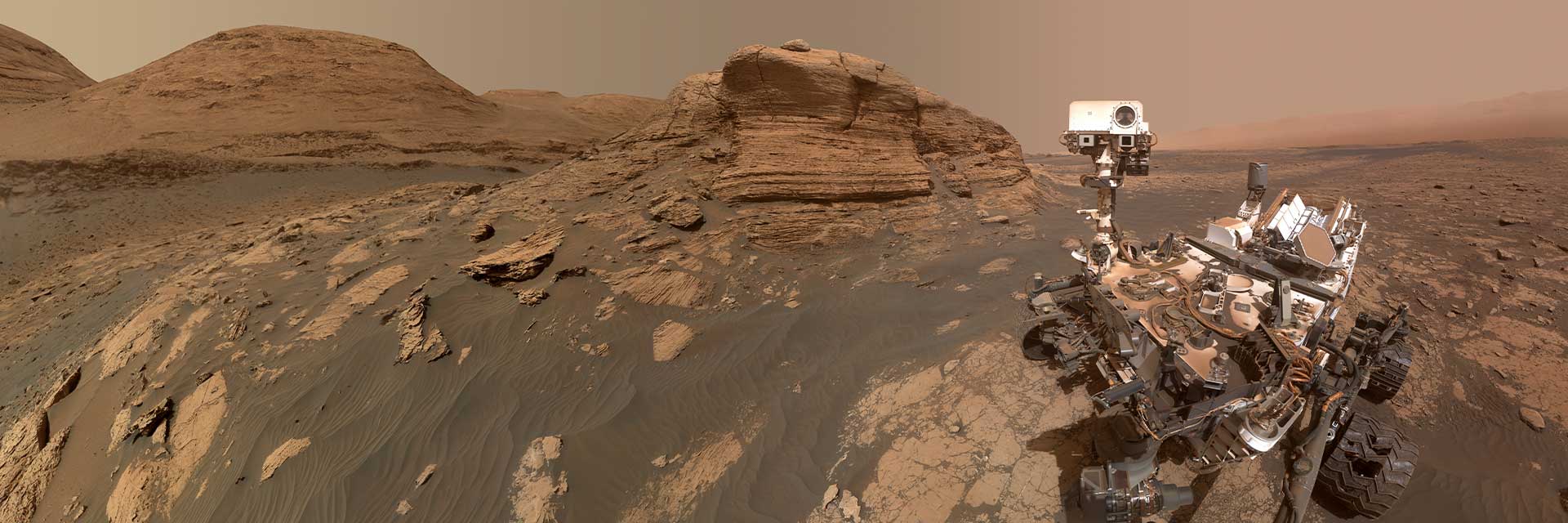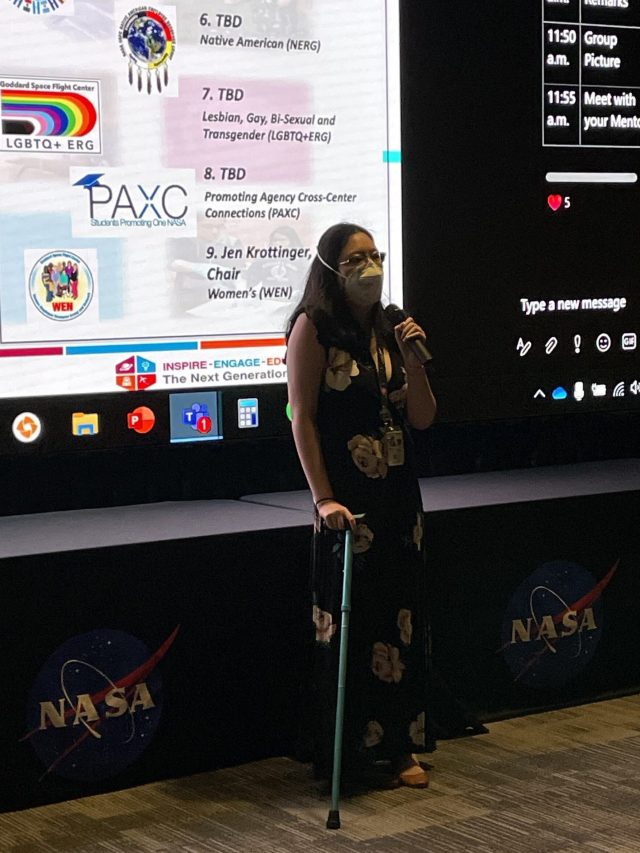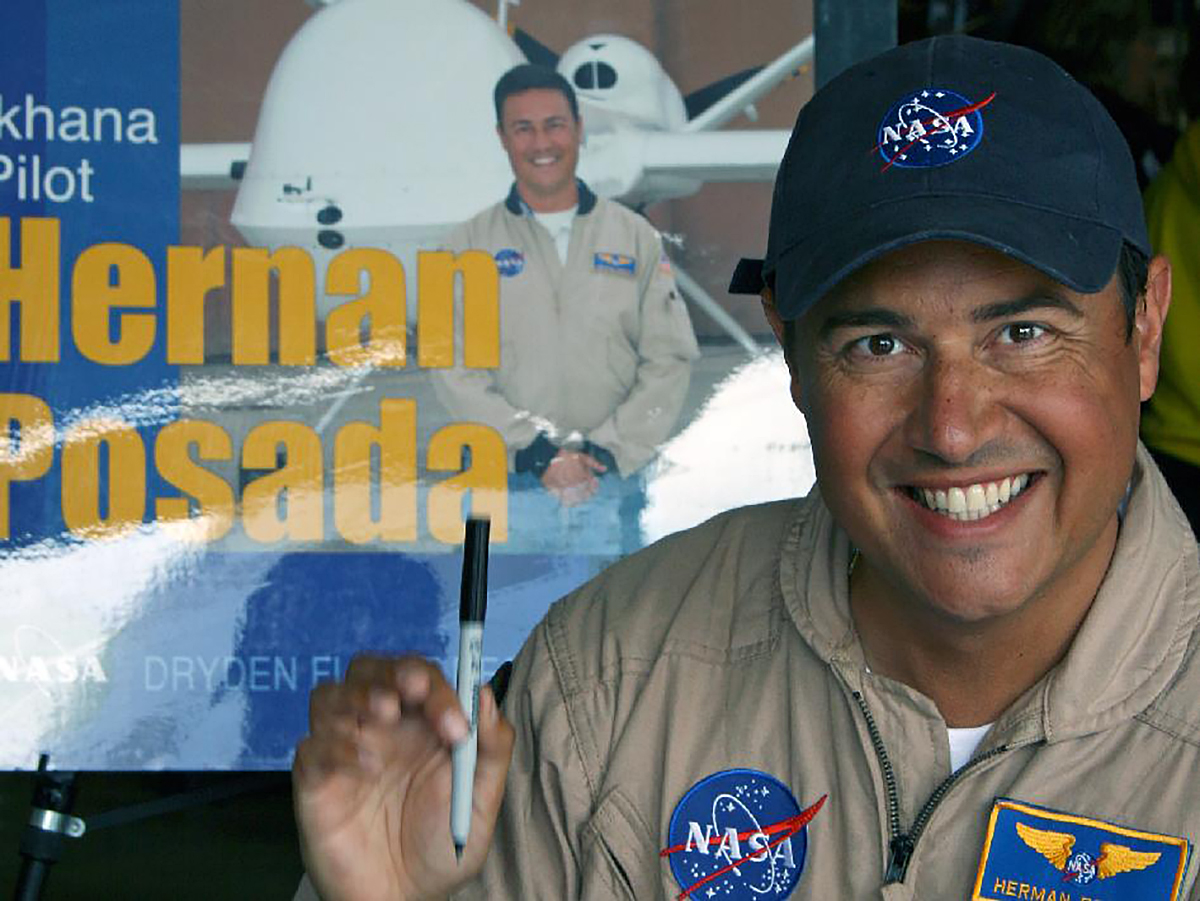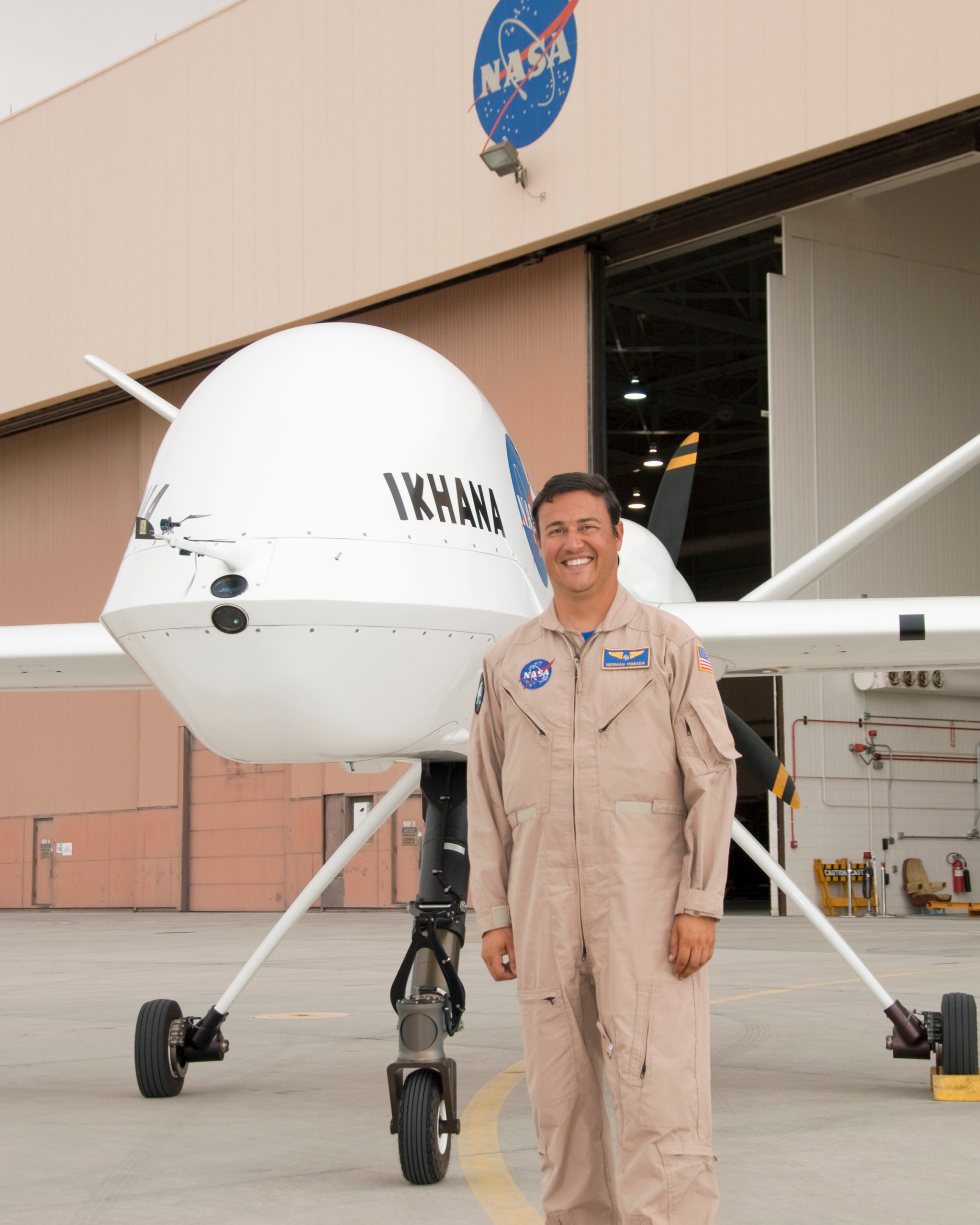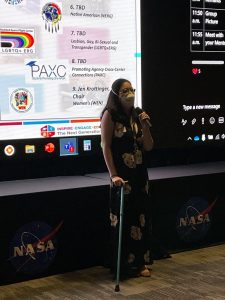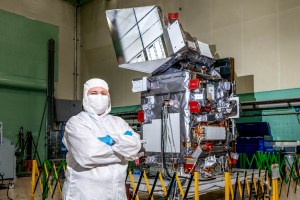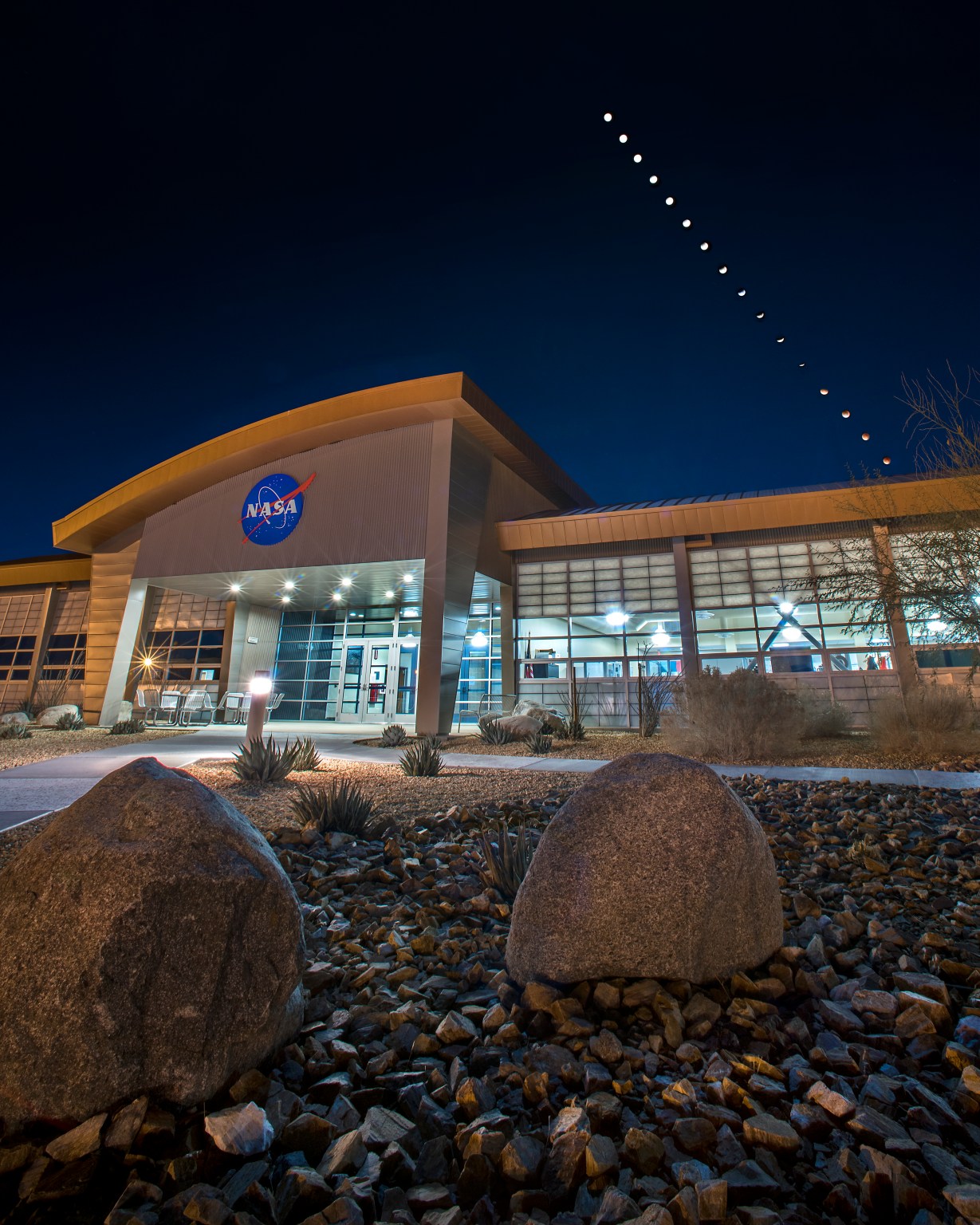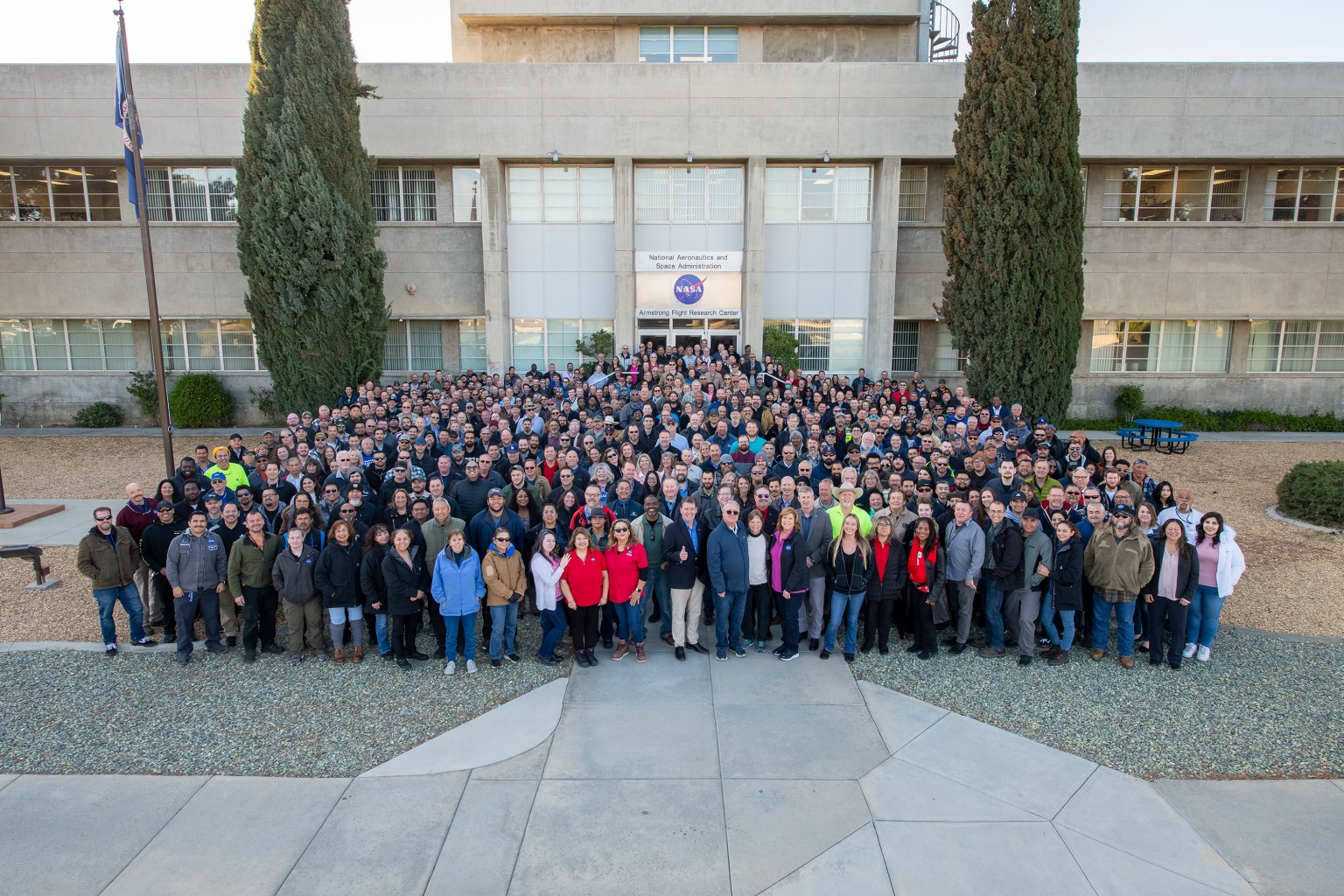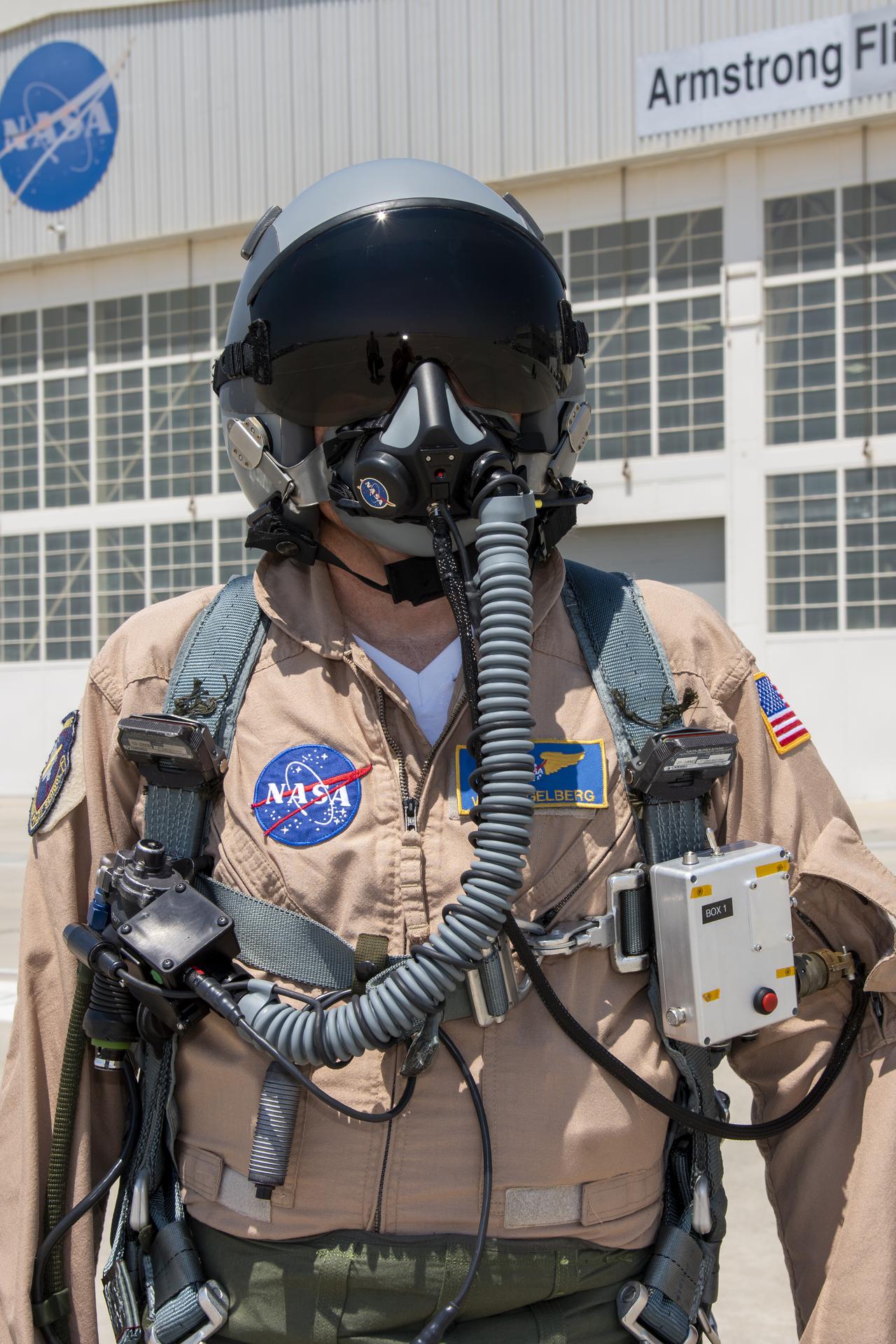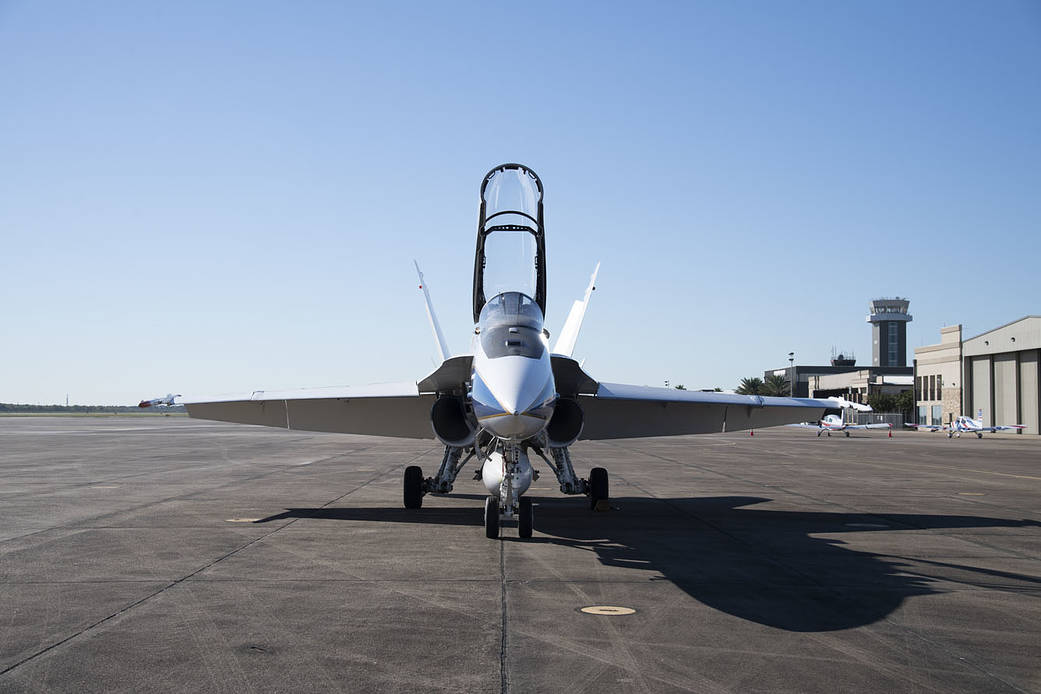Safety is the foundation of everything in a flight organization like NASA’s Armstrong Flight Research Center in Edwards, California, especially during the pandemic.
Hernan Posada, research pilot and an aviation safety officer, received national recognition for his contributions to flight safety with the recently announced 2021 Federal Aviation Safety Professional Award for an Individual. He is the first from NASA Armstrong to win the honor that will be formally awarded in June.
Shawn Kern, NASA Armstrong’s new aviation safety officer, was the force behind the nomination and said, “I was delighted to learn that Hernan Posada was recognized.”
Posada was a catalyst for NASA Armstrong’s safety excellence and mission success, as acting aviation safety officer during 2020 and 2021. Posada began his NASA Armstrong career in 2005, when he was selected as a pilot. His decades flying the remotely piloted Predator A and Predator B aircraft from a cockpit on the ground was put to use when the center acquired the Ikhana (Predator B) in 2006 until the aircraft’s retirement in 2018. He has also flown many small, unmanned aircraft projects, and currently is assigned to fly the Global Hawk.
A new role
In December 2019 after the retirement of Barton Henwood, NASA Armstrong’s veteran aviation safety officer of more than 15 years, Posada stepped up. He assumed all aviation safety responsibilities for NASA Armstrong’s 111 aircrew members, 200 maintainers, and fleet of 22 unique research aircraft.
He had a major role in establishing NASA Armstrong’s PACE program – Pause, Assess, Communicate and Execute/Evaluate – an innovative program to identify and mitigate risks to operations most likely to occur when the currency and proficiency of the center’s maintainers were at unprecedented lows. As a result, in 2020 and 2021, NASA Armstrong operated with zero Type A and B mishaps and injury and damage rates below pre-pandemic averages.
Posada looks to help where it is needed. For example, he acted as safety liaison to other center directorates, NASA Headquarters, the NASA Safety Center, and external agencies such as the National Transportation Safety Board. Posada was also central to the safe design and engineering of center’s fleet of highly modified and prototype aircraft, signing flight releases for numerous research projects and serving on NASA Armstrong’s airworthiness board.
He provided critical support to NASA’s Ames Research Center in Silicon Valley, California, when there was an aviation safety officer vacancy. He has since been selected as the aviation safety officer for Ames.
Posada enabled NASA’s mission success throughout 2020 and 2021, as NASA Armstrong sustained its capabilities in high-risk, high-consequence aerospace research, culminating in the center’s recognition as a 2020 Federal Aviation Safety Award recipient.
Problem Solver
As acting aviation safety officer, Posada overhauled the center’s bird strike prevention and response program. Posada initiated an outreach program, consisting of academic and hands-on training for full and part-time crewmembers. As a result, the accuracy of bird strike reports increased significantly, providing needed trend information to improve overall prevention. This lowered the number of strikes, which can cause damage to aircraft in flight, incurred by NASA Armstrong aircraft, and sharing information with the United States Air Force.
In another effort, Posada reviewed and updated the center’s hazardous cargo procedures when the broader aviation industry was experiencing a rash of on-aircraft lithium-ion battery fires from cell phones that have since been discontinued. He canvassed a wide range of commercial and governmental operators for lessons learned and best practices and initiated discussion across the center’s engineering, maintenance, and operations communities to assess and address hazardous cargo risks. This required balancing industry standards with the unique research requirements encountered at NASA Armstrong.
External audits found zero discrepancies with the NASA Armstrong’s hazardous cargo policies and procedures preserving AS9100 certification and ongoing compliance with the General Services Administration Gold Standard Certificate for Safety Management Systems. More importantly, the center has not experienced any cargo-related incidents or close calls during the past two years.
No matter where he was needed, Posada was there. This honor celebrates his efforts in complicated situations to deliver on one of NASA’s core values – safety.
Desiree Heyliger
Armstrong Flight Research Center
Jay Levine, X-Press Editor
Armstrong Flight Research Center


